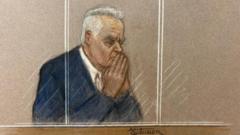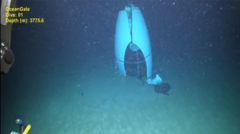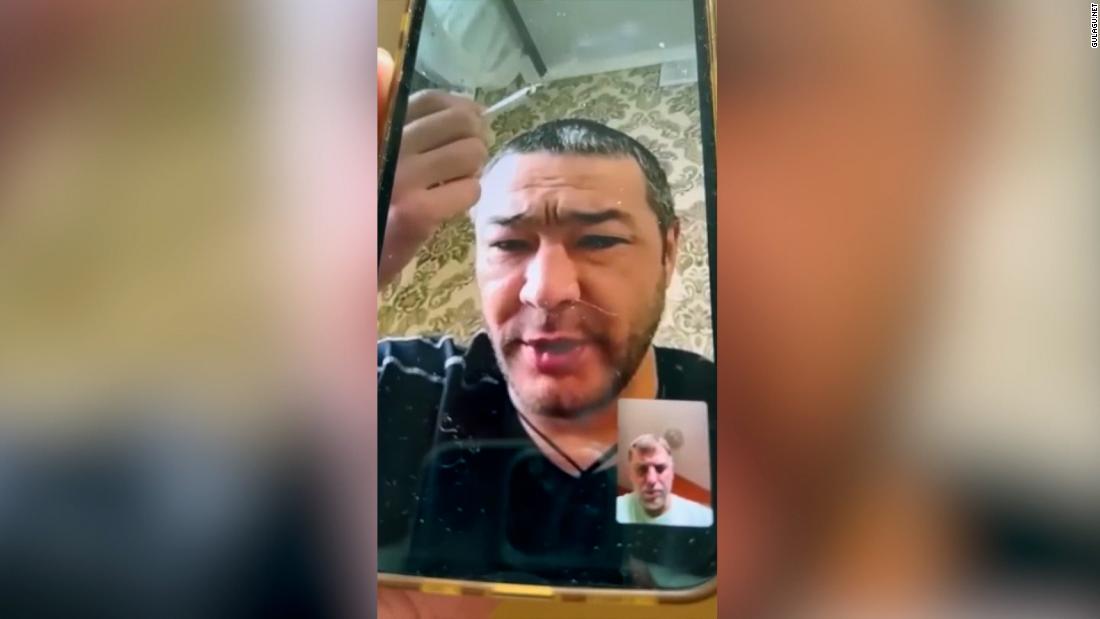Former President Trump on Thursday asserted his federal election interference charges cannot stand after the Supreme Court’s ruling in favor of a Jan. 6 rioter.
The 14-page dismissal motion marks Trump’s latest effort to toss special counsel Jack Smith’s prosecution as the parties separately battle over whether the Supreme Court’s new presidential immunity doctrine should end the charges.
“The Superseding Indictment stretches generally applicable statutes beyond their breaking point based on false claims that President Trump is somehow responsible for events at the Capitol on January 6, 2021,” Trump’s attorneys wrote in the new filing.
It largely revolves around the justices’ 6-3 ruling, not along ideological lines, that the Justice Department overreached when it charged scores of Jan. 6 rioters with obstruction of an official proceeding.
The law, Section 1512(c)(2), makes it a crime to “corruptly” obstruct, impede or interfere with official inquiries and investigations by Congress, and prosecutors claimed it accounted for attempts to interrupt Congress’s certification of the 2020 presidential election results.
But the rioter who challenged the charge, ex-police officer Joseph Fischer, claimed it was improperly applied, pointing to the law’s origin in a case involving document destruction. The justices sided with Fischer.
Since then, the Justice Department’s sweeping Jan. 6 prosecution has been notably impacted by the case, with sentences for those already convicted of the count being scrutinized and several rioters’ obstruction charges being dropped altogether.
Trump, who faces the same charge, asserts the decision undermines his entire prosecution.
“President Trump’s case should be among the next to be abandoned and, if not, then it should be dismissed,” Trump’s attorneys wrote.
Trump’s legal team noted the statute’s history, stemming from a corporate document shredding scandal, and contended that it bears “no resemblance” to the superseding indictment against the former president.
“Under Fischer, the Office may not use the statute as a catchall provision to criminalize otherwise-lawful activities selectively mischaracterized as obstructive by those with opposing political views,” they wrote.
Trump’s motion comes as the case effectively restarts now that the Supreme Court has laid out its broad test for assessing whether a former president has criminal immunity.
On Wednesday, Smith’s office gave U.S. District Judge Tanya Chutkan, who is overseeing the trial proceedings, a road map to the government’s case against Trump over his efforts to remain in power after losing the 2020 election in a massive court filing, insisting the prosecution should not be derailed by the immunity ruling.
Trump is due to respond by Nov. 7, just after the election.
As Chutkan mulls the immunity issue, she directed Trump to update his written arguments for why his case should be dismissed on statutory grounds by Thursday.
Though Trump’s motion largely focuses on the Supreme Court’s ruling in the Jan. 6 rioter’s case, it also reiterates his existing arguments for other flaws in the four-count indictment that Chutkan hasn’t yet addressed.















 English (US) ·
English (US) ·